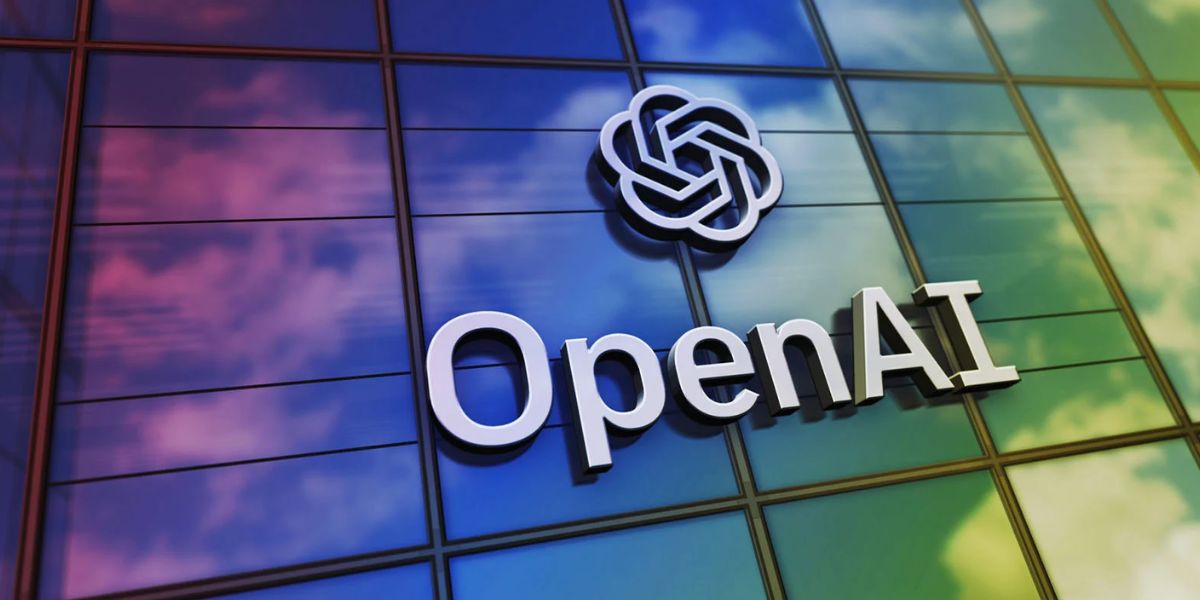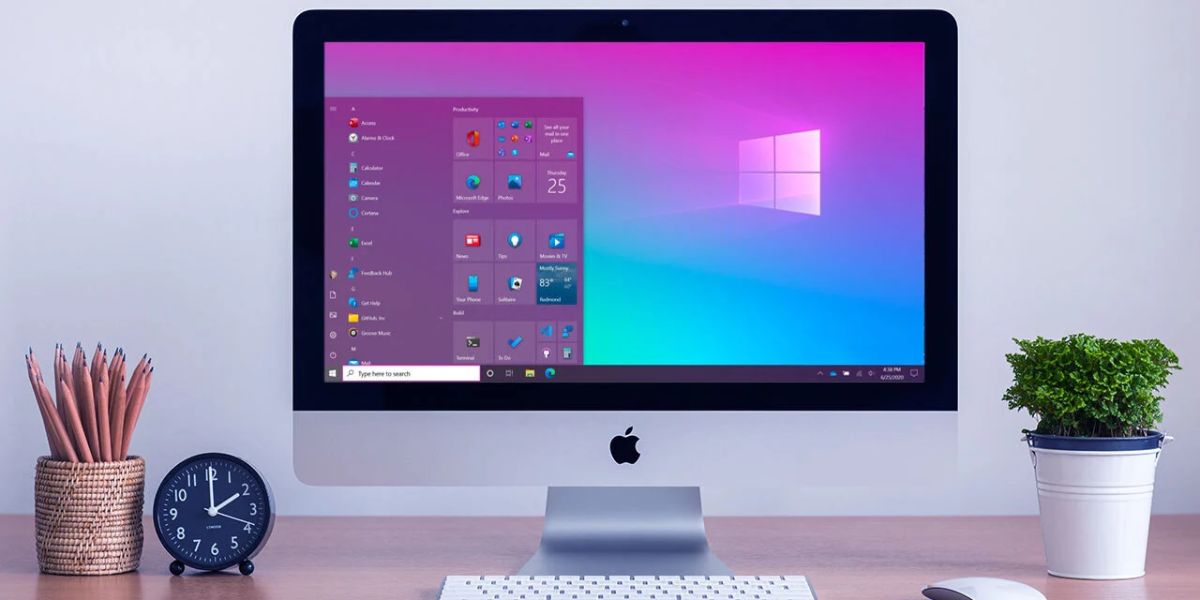OpenAI said back in May that it was working on a platform that would allow creators to decide whether or not their creations should be included in its AI training data. However, this functionality still hasn’t been released after seven months.
At the time, OpenAI claimed that the application, named Media Manager, would “identify copyrighted text, images, audio, and video” in order to represent the preferences of artists “across multiple sources.”
It was meant to deter some of the company’s most vehement detractors and maybe protect OpenAI from legal issues pertaining to intellectual property.
However, insiders tell that the product was rarely considered a significant launch. According to one former OpenAI staffer, “I don’t think it was a priority. To be honest, I don’t remember anyone working on it.”
In December, a non-employee who oversees work with the company stated that they had previously spoken with OpenAI about the tool, but that no new developments had been made. (These individuals refused to be named in public while speaking about private business affairs.)
Additionally, in October, Fred von Lohmann, a member of OpenAI’s legal team who was working on Media Manager, moved to a part-time consultant position. Von Lohmann’s move was verified by OpenAI PR.
Media Manager’s development has not yet been updated by OpenAI, which also failed to meet its self-imposed goal of having the tool operational “by 2025.” (To be clear, TechCrunch interpreted OpenAI’s phrasing to imply before to January 1, 2025, but “by 2025” might also indicate the year 2025.)
IP-related problems
To anticipate, for example, that a person biting into a burger will leave a bite mark, artificial intelligence (AI) algorithms such as OpenAI’s identify trends in data sets.
This enables models to see the environment and learn, to some extent, how it functions. While OpenAI’s video generator, Sora, can produce reasonably realistic footage, ChatGPT can write persuasive emails and essays.
Artificial intelligence is extremely powerful since it can create new works by using samples of writing, movies, and other media.
It is also regurgitative, though. Models, the majority of which are trained on innumerable web pages, movies, and photographs, generate near-copies of that material when prompted in a particular manner. Although these models are “publicly available,” they are not intended for use in this manner.
It makes sense that this has angered artists whose creations have been used in AI training without their consent. Many have hired lawyers.
Artists, authors, YouTubers, computer scientists, and news outlets have launched class action lawsuits against OpenAI, alleging the startup illegally trained on their creations. Among the plaintiffs are media corporations such as Radio-Canada and The New York Times, visual artists, and novelists Sarah Silverman and Ta Nehisi-Coates.
Although OpenAI has sought licensing agreements with a few partners, not all creators find the terms appealing.
Handling the media
There are multiple ad hoc options available to producers to “opt out” of OpenAI’s AI training. In order to enable artists to mark their work for exclusion from its upcoming training packages, the firm introduced a submission form last September.
Additionally, webmasters have long been able to prevent OpenAI’s web-crawling bots from collecting data from their domains.
However, creators have critiqued these methods as insufficient and chaotic. For audio recordings, movies, and textual works, there are no particular opt-out procedures. Additionally, it is a laborious process to send a copy of each image to be removed along with a description using the opt-out form for photos.
Today, Media Manager was presented as a whole new and expanded version of OpenAI’s opt-out products.
Since then, OpenAI has never made reference to Media Manager in public. Media Manager’s launch date and even the features and powers it might have at launch have not been disclosed by OpenAI.
A reckoning
To stop its models from repeating training samples when Media Manager is not available, OpenAI has included filters, albeit faulty ones. Additionally, the business maintains its claim of fair use protections in the lawsuits it is facing, arguing that its models produce transformative rather than plagiaristic products.
It’s possible that OpenAI will win its copyright challenges.
Following the precedent established by the publishing industry’s lawsuit against Google almost ten years ago, the courts may determine that the company’s AI has a “transformative purpose.” In that instance, a court ruled that it was acceptable for Google to copy millions of books for Google Books, a kind of digital repository.
According to OpenAI’s public statements, training competitive AI models without the use of intellectual resources, whether approved or not, would be “impossible.”
According to the company’s January submission to the U.K.’s House of Lords, “limiting training data to public domain books and drawings created more than a century ago might yield an interesting experiment, but would not provide AI systems that meet the needs of today’s citizens.”
Media Manager would have little legal value if courts ultimately ruled in favor of OpenAI. It appears like OpenAI is prepared to place that wager or reevaluate its opt-out policy.




